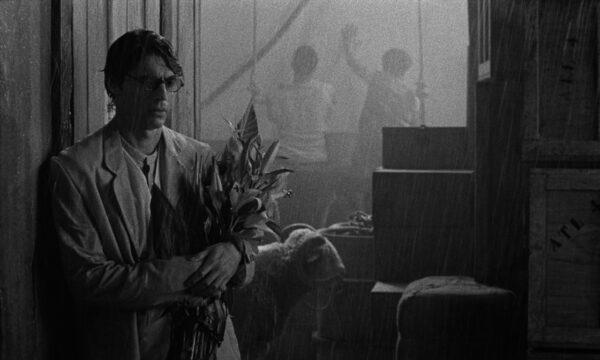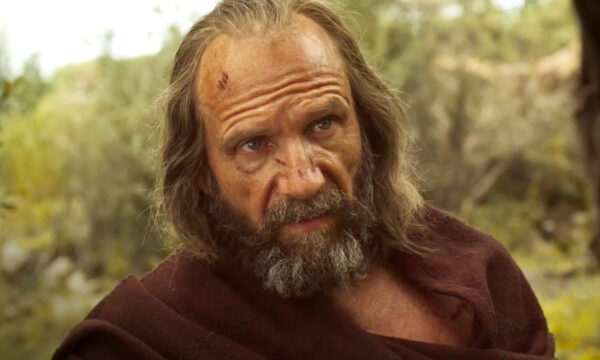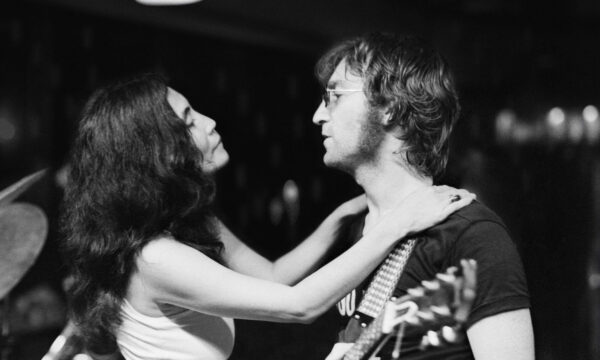Whitney: Can I Be Me

Four years on from the shock of her untimely death comes Whitney: Can I Be Me, a bare-all documentary about the late singing sensation Whitney Houston from directors Nick Broomfield and Rudi Dolezal. Constructed largely from unseen behind-the-scenes footage of what had appeared to be an unstoppable pop queen career, the tragic demise of the soaring talent is charted in no uncertain terms.
Opening with the discovery of the 48-year-old drowned in a hotel bathtub, the film reaches back to ambitiously span the time her voice, nurtured in gospel churches in Newark, New Jersey, was “found” and a pop princess with mass-white appeal created, through consecutive chart-topping successes and 25 million sales of her debut album, countless TV appearances and performances, an explosion of her popularity with the Kevin Costner film The Bodyguard (based on true events minus the attempted shooting and love making) to the 1999 tour she struggled to finish and her troublesome final years.
The title draws on the sentiment the documentary returns to time and time again: Houston’s unquenchable, and increasingly out of reach, desire to find and “be herself” while the music and film industry, as well as those around her, persistently tried to mould her into the product that would bring in the most cash. One of the most poignant moments here is where Houston’s own voice layered over footage describes how she felt being booed at the Soul Train music awards for having “sold out” and no longer being “black enough” as an artist. It is presented as a turning point, one of the first “boxes being ticked” on a list of self-esteem shattering moments that would ultimately lead to her downfall.
Spliced between videos and a rich archive of interviews, from Barbara Walters to The Word, are talking heads from the vast entourage that surrounded the star: family and friends (mostly all also on the payroll), to assistants, hair stylists and backing singers. Tensions, pressures and challenging relationships are revealed – the domineering mother who jealously felt Houston had “stolen her style”, the unfaithful “bad boy” husband, a loving but ultimately betraying father and a repressed relationship with friend (and it is insinuated, lover) Robyn – as are a potent mix of drugs, alcohol and other destructive dependencies, problems intensifying in step with the singer’s fame. As in Asif Kapadia’s Amy, we feel we, along with those around her, are watching the star drown.
It’s an illuminating watch but it’s hard not to feel at times the balance of displaying a sweaty, unhinged Houston with the vastness of her achievements as a music and film artist is off kilter. And a few gaping holes in the project mean that for all that is revealed, much remains in the dark – the lack of voice from the adversarial Bobby Brown and Robyn, who emerge as key protagonists in Houston’s story, and limited time devoted to the horrifically mirrored outcome for Houston’s daughter Bobbi Kristina at just 22.
But while the film lacks the subtle narrative weaving and firmer grasp of cause and effect of Amy, and much of the truth about the seemingly wholesome and God-fearing Houston remains a mystery, the brilliance, unique personality, wit, energy, beauty, intelligence and sheer talent of the star are certainly captured, forming a searingly intimate portrait of the woman behind one of the world’s most celebrated voices.
Sarah Bradbury
Whitney: Can I Be Me is released in selected cinemas on 16th June 2017.
Watch the trailer for Whitney: Can I Be Me? here:

























Facebook
Twitter
Instagram
YouTube
RSS